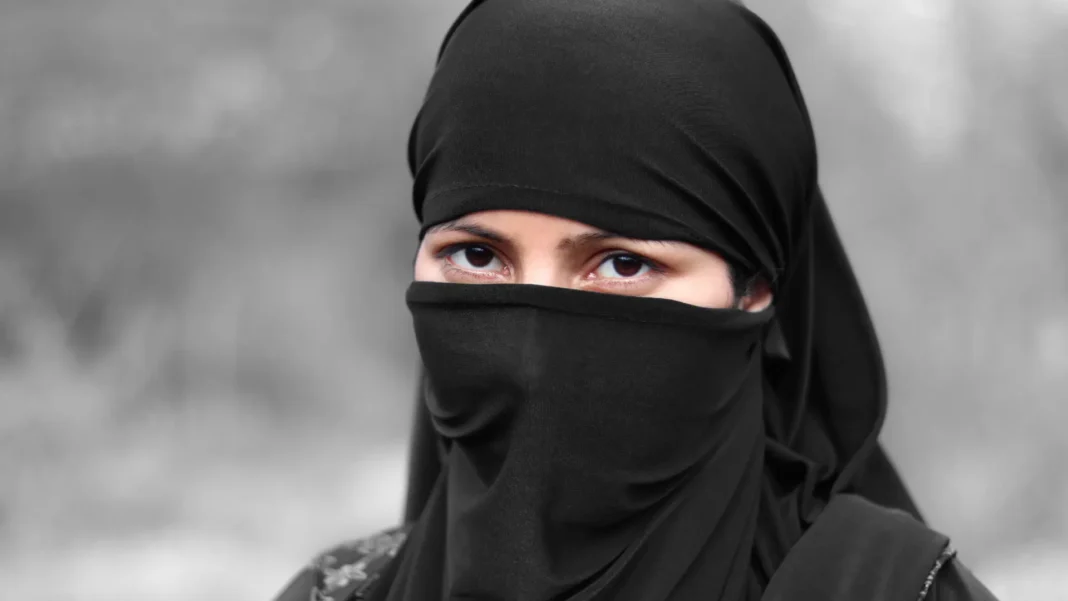A Call for International Response for New Morality Laws
Since the Taliban’s return to power in August 2021, Afghanistan has faced a severe rollback of civil and political rights. The Taliban, now governing as the Islamic Emirate of Afghanistan, have implemented a series of restrictive laws that disproportionately affect women and girls. The country has seen a rapid decline in freedoms, with women barred from secondary and higher education, and most being prohibited from working. The economy, heavily reliant on international aid, has contracted sharply, resulting in a dire humanitarian crisis.
New Morality Laws
Dress Code for Women
One of the most controversial aspects of the Taliban’s new morality laws is the strict dress code imposed on women. Women are now required to cover their faces in public, a rule that has sparked outrage both within Afghanistan and internationally. This policy is seen as a significant step backward for women’s rights in the country, where just a few years ago, women were beginning to enjoy more freedoms and greater participation in public life.
Beard Requirement for Men
In a bid to enforce their interpretation of Islamic law, the Taliban have mandated that men grow beards. This requirement, while seemingly minor, underscores the Taliban’s broader agenda to impose a conservative and rigid form of governance that affects all aspects of daily life.
Restrictions on Music and Imagery
The Taliban’s new laws also include a ban on music in cars and the publication of images depicting living beings. These restrictions are part of the Taliban’s broader effort to control cultural expression in Afghanistan. The ban on music, in particular, has a profound impact on Afghan society, where music has long been a vital part of cultural and social life.
Prohibition on Women Singing or Reciting in Public
Adding to the list of restrictive measures, the Taliban have barred women from singing or reciting aloud in public. This prohibition further marginalizes women, stripping them of their voice in public spaces and diminishing their role in the cultural life of the country.
Impact on Afghan Society
Women’s Rights
The new morality laws represent a significant erosion of women’s rights in Afghanistan. With restrictions on education, employment, and public participation, women and girls are being pushed further into the margins of society. These laws not only violate their basic human rights but also undermine the progress that has been made in recent years toward gender equality in the country.
Economic and Social Challenges
The introduction of these restrictive laws comes at a time when Afghanistan is already facing severe economic hardships. The economy, which has been heavily dependent on international aid, has contracted sharply since the Taliban’s takeover. The new laws exacerbate the situation by limiting women’s ability to work, which in turn affects the economic stability of families and communities.
Cultural and Social Identity
Afghanistan’s rich cultural and social diversity is under threat from the Taliban’s new morality laws. The restrictions on music, imagery, and public expression are erasing the vibrant cultural heritage of the country, leaving a society that is increasingly homogenous and repressed.
International Reaction
The international community has largely condemned the new laws as a violation of human rights and a significant step backward for Afghan society. There has been widespread concern about the implications of these laws for the future of Afghanistan, particularly for women and girls.
Expert Opinions
Experts such as Wed Karab, Mariam Slan, Bahar Jalali, and Morsel W have expressed deep concern about the future of Afghan women under the Taliban’s rule. They warn that the new laws could have long-lasting consequences for the country’s social and economic development and are calling for increased international pressure on the Taliban to reverse their policies.
The Way Forward
Increased Humanitarian Assistance
To address the immediate needs of the Afghan population, there is an urgent need for increased humanitarian assistance. International organizations and governments must work together to provide aid that can alleviate the suffering of those most affected by the new laws.
Support for Human Rights Organizations
Supporting human rights organizations that are working on the ground in Afghanistan is crucial. These organizations play a vital role in documenting human rights abuses and advocating for the rights of those who are most vulnerable under the Taliban’s regime.
Diplomatic Pressure
Diplomatic efforts must be intensified to pressure the Taliban to reverse their restrictive policies and respect international human rights standards. This could include targeted sanctions, diplomatic isolation, and other measures aimed at encouraging the Taliban to adopt a more inclusive and rights-respecting approach to governance.
The Taliban’s new morality laws represent a profound setback for Afghanistan, particularly for women and girls who are bearing the brunt of these oppressive measures. By enforcing strict dress codes, prohibiting music and public expression, and mandating conservative practices, the Taliban are reshaping Afghan society in a way that erodes basic human rights and cultural diversity. The international community’s response has been one of condemnation, but more needs to be done to support those affected and to pressure the Taliban into reversing these regressive policies. Humanitarian aid, support for human rights organizations, and diplomatic efforts are crucial in helping Afghanistan navigate this challenging period and in safeguarding the rights and dignity of its people.






